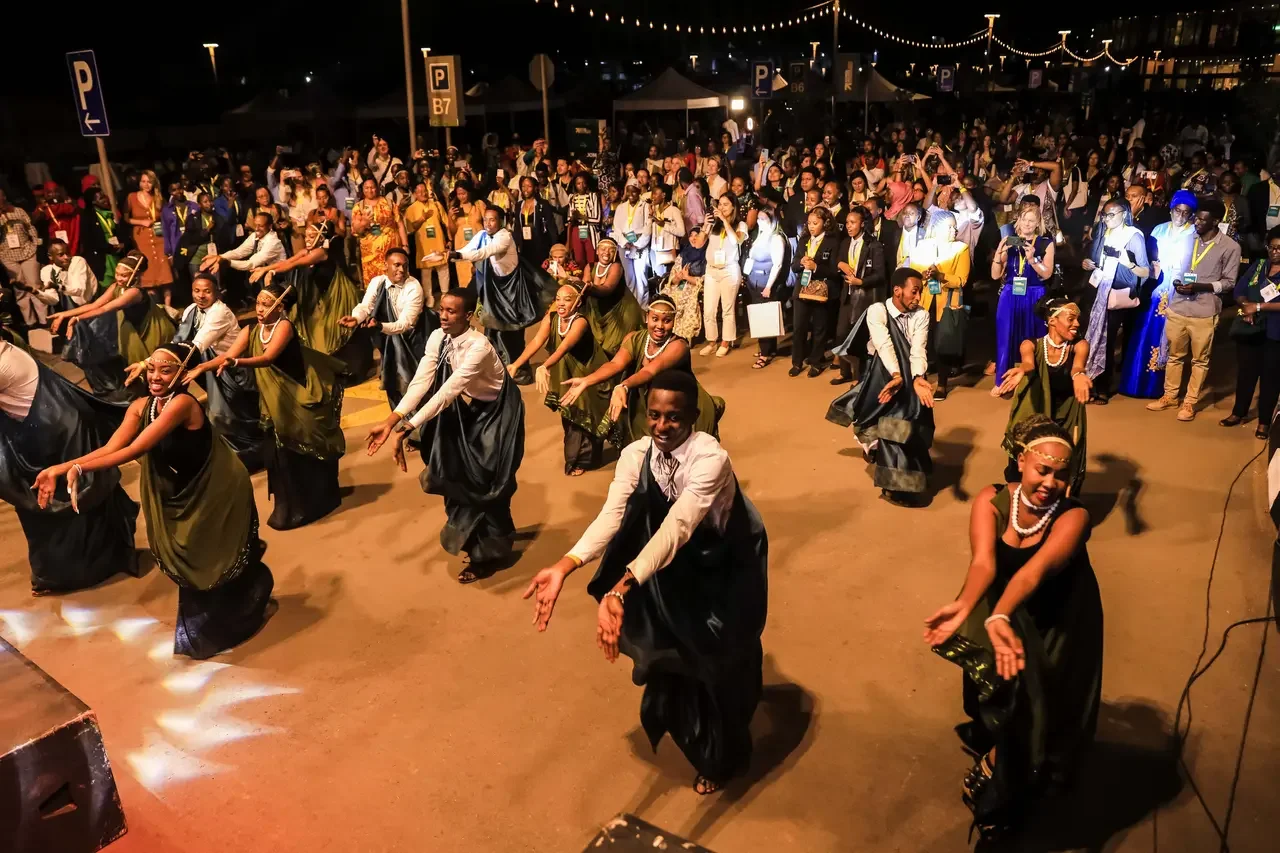Navigating the Logistics Behind High-Impact International Events
Producing an event abroad can be both thrilling and daunting. With a myriad of logistics to consider, from cultural nuances to coordination across time zones, mastering the art of event logistics internationally is a skill worth honing. In this blog, we explore essential tips to help you navigate this complex landscape with ease.
Understanding Cultural Differences
Cultural awareness is crucial when organizing events in a foreign country. Being mindful of traditions, customs, and everyday practices can profoundly influence your event’s success. Learn about the local culture to ensure your event is respectful and well-received.
The importance of embracing local customs cannot be overstated. From understanding basic etiquette to appreciating significant cultural celebrations, these elements can enhance guest experiences and avoid potential faux pas. For example, certain hand gestures considered friendly in one culture might be offensive in another. Additionally, understanding regional holiday schedules can avert timing conflicts and maximize attendance.
Languages can be another barrier in event planning abroad. While English is widely spoken, ensuring translation services are available for local participants might be beneficial. Offering bilingual programming can cater to diverse audiences and ensure inclusive communication. Furthermore, locally hiring interpreters for on-the-ground assistance during the event can greatly enhance interactions.
Effective Communication Across Time Zones
One of the key challenges of international event planning is managing communication across different time zones. Leveraging digital tools and setting clear communication protocols can ensure that all parties stay connected and informed.
Video conferencing tools, such as Zoom, offer an efficient way to engage with team members across the globe. It's essential to establish regular check-ins at a time convenient for everyone, considering the various time zones involved. Time zone management tools can also aid in scheduling and help avoid missed meetings or miscommunications. Moreover, maintaining a shared online workspace can streamline document sharing and project updates.
Lastly, understanding and practicing patience is key. International communications can be fraught with delays and misunderstandings due to varied working hours and cultural differences. Therefore, a degree of flexibility should be incorporated into your planning and communications strategy to accommodate varying response times and ensure productive collaboration.
Selecting the Right Venue
Choosing a venue that aligns with your event’s goals and accommodates your guests comfortably is vital. Consider accessibility, local regulations, and the uniqueness of the venue to enhance the attendee experience.
Cost is a major factor when selecting venues abroad. Researching venue pricing trends in the area beforehand can provide valuable insights into budgeting. Optimal venue choices not only fit the event's theme but also offer technological capabilities and have adequate space for attendees and activities planned. Inspecting venues personally or through virtual tours can ensure it meets your standards and anticipates any logistical issues such as accessibility for differently-abled attendees.
Transportation accessibility is a crucial criterion for the venue. Ideally, the venue should be easily reached by public transportation to facilitate attendee travel. Additionally, a venue that offers nearby accommodation options can be desirable for guests traveling long distances. Partnering with local travel services may also provide valuable deals and enhance the overall guest experience.
Navigating Legal and Regulatory Considerations
Understanding the legal and regulatory requirements of the host country is essential. This includes permits, tax obligations, and safety regulations that must be adhered to for a seamless event.
Each country imposes its unique regulatory framework, which can be challenging to navigate. Knowing the necessary permits required for hosting events, such as local authority clearances and noise permits, can mitigate unforeseen obstacles. Digital compliance tools can ease the tracking of required documentation and expiration dates to ensure all paperwork is in order ahead of time.
Insurance is another area that should not be overlooked. Securing appropriate event insurance that covers potential liabilities and unforeseen cancellations can protect your investment. Consulting with legal experts familiar with the region’s laws can also offer peace of mind and ensure that your event complies with all local regulations.
Fostering Local Partnerships
Building strong relationships with local vendors and partners is crucial for the success of your event. Reliable local partnerships can help you navigate language barriers and logistical hurdles more effectively.
Collaborating with local businesses not only brings authentic elements to your event but can also provide convenience and cost efficiency. For instance, partnering with a local catering service can offer a taste of regional cuisine, enhancing the overall experience for attendees. Engaging local artists or performers can also create unique and memorable atmospheres that resonate with the cultural surroundings.
Building trust and maintaining open communication with local partners is imperative to forming successful alliances. Dedicated time and effort should be invested in understanding their expectations and working styles. Regular status meetings, clear contractual agreements, and transparent feedback mechanisms can further strengthen these relationships and facilitate smoother event execution.
Budgeting for International Events
Formulating a comprehensive budget that accounts for currency fluctuations, international shipping, and other unexpected costs will help you manage financial aspects efficiently.
One of the primary challenges in budgeting for international events is dealing with fluctuating exchange rates. Utilizing currency hedging strategies can safeguard your budget against currency volatility. Additionally, seeking quotes in your home currency can protect against unfavorable currency movements, offering a more stable financial outlook.
Furthermore, it's important to include a contingency fund in your budget. Unforeseen costs such as last-minute changes in regulatory requirements, overtime labor charges, or sudden equipment rentals can arise unexpectedly. Planning for these possibilities can prevent financial strain and enable your event to continue as seamlessly as possible.
Finally, always seek multiple vendor quotes to ensure competitive pricing and include shipping and customs duties in your estimates. Staying on top of these considerations will provide you with a realistic budget framework, easing potential financial burdens and facilitating strategic planning adjustments if necessary.
Wrapping Up Your International Event Journey
Producing events abroad is an exhilarating journey, filled with learning opportunities and unique challenges. By understanding the local culture, meticulously planning, and fostering reliable partnerships, you can ensure that your event not only runs smoothly but also leaves a lasting impression. Embrace these essential tips to master the art of event logistics abroad and make your next international event a remarkable success.
And when you're ready to take your global event to the next level, our team at Markham is here to help. We specialize in producing impactful experiences across the globe, with a proven track record of delivering international events that resonate, inspire, and leave a lasting impression. Let’s work together to ensure your next global event runs seamlessly with our expertise guiding every step of the way.




